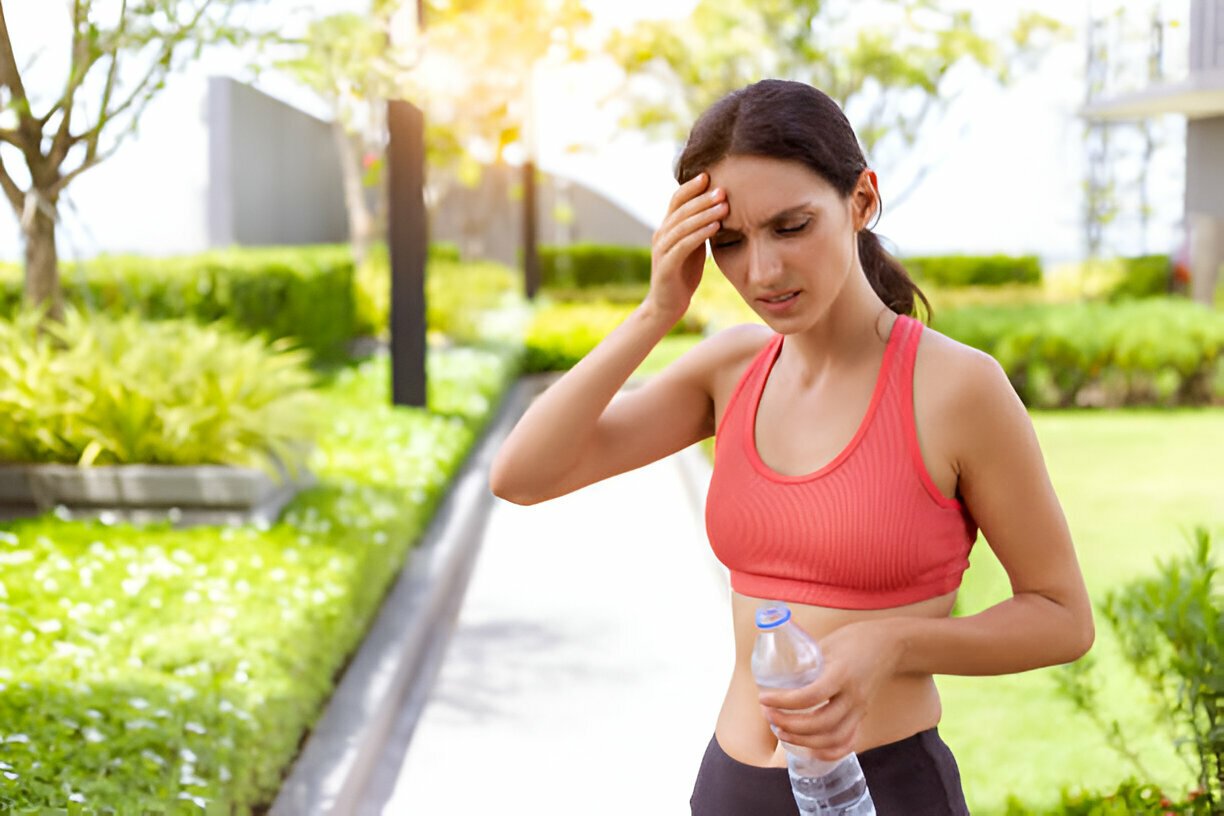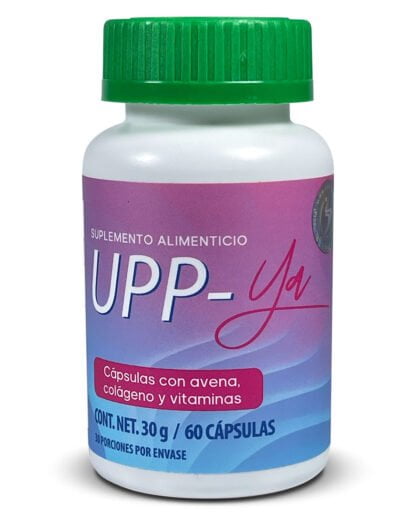
Dehydration occurs when your body loses more fluids than it takes in, affecting the normal balance of salts and sugars in the body, which can hinder its normal functioning. It is especially common during the summer months, when high temperatures and physical activity increase water loss through sweating. Below, we will explore the symptoms of dehydration and provide effective strategies to prevent it.
Symptoms of Dehydration
Dehydration can range from mild to severe, and your symptoms can also vary accordingly. Here is a list of common symptoms to identify if you are dehydrated:
Mild to Moderate Dehydration
- Intense thirstThe first sign that your body needs more fluids.
- Dry or sticky mouthSensation of dryness in the mouth and throat.
- Dark colored urineUrine should be clear or pale yellow; a darker color may indicate dehydration.
- Infrequent urinationDecreased frequency of urination.
- Dry skinThe skin may feel dry and less elastic.
- Fatigue or weaknessFeeling tired or low energy.
- Dizziness or lightheadednessDizziness when standing up.
- HeadachePersistent headache.
Severe Dehydration
- Extreme thirstSensation of unquenchable thirst.
- Very little urine or no urine at allUrinating very little or not at all.
- Dry and cold skinDry, cold and pale skin.
- Low blood pressureDizziness or fainting due to low blood pressure.
- Rapid heartbeatIncreased heart rate.
- Fast breathingAccelerated and shallow breathing.
- Confusion or irritabilityChanges in mental status, confusion or irritability.
- Sunken eyesDark circles under the eyes and dark circles under the eyes.
- ShockIn extreme cases, dehydration can lead to shock, a serious medical condition that requires immediate attention.
Preventing Dehydration
Preventing dehydration is critical, especially during the hot summer months or when you engage in intense physical activity. Here are some strategies to stay well hydrated:
1. Drink enough water
- Regular HydrationDrink at least 8 glasses of water a day, more if you are active or if it is hot.
- Bring a bottle of waterKeep a bottle of water with you and drink it throughout the day.
- Listen to your bodyDrink when thirsty and increase intake in hot weather or during exercise.
2. Consume Water-Rich Foods
- Fruits and VegetablesFoods such as watermelon, cucumber, oranges and strawberries have high water content.
- Soups and BrothsInclude soups and broths in your diet to increase fluid intake.
3. Limit consumption of dehydrating beverages.
- Avoid Alcohol and CaffeineThese drinks can increase fluid loss.
- Moderate Sugary DrinksVery sugary drinks can contribute to dehydration.
4. Plan for Weather and Physical Activity
- Cool Weather ExerciseIf possible, do physical activities in the cooler hours of the day.
- Lightweight and breathable clothingWear light, breathable clothing to help regulate body temperature.
- Regular BreaksTake frequent breaks to drink water and rest in the shade.
5. Pay Attention to Early Signs
- Monitor your UrineUrine should be clear or pale yellow. If it is darker, increase your fluid intake.
- Recognize Early SymptomsAct at the first signs of dehydration to prevent them from worsening.
Conclusion
Staying hydrated is essential to your overall well-being, especially during the hot summer months or when you are engaged in intense physical activity. Recognizing the signs of dehydration and taking preventive measures can help you stay healthy and avoid complications. Remember, prevention is key, so be sure to drink enough water and take care of your hydration on a daily basis.
References
- World Health Organization (WHO)
- Centers for Disease Control and Prevention (CDC)
- Mayo Clinic
